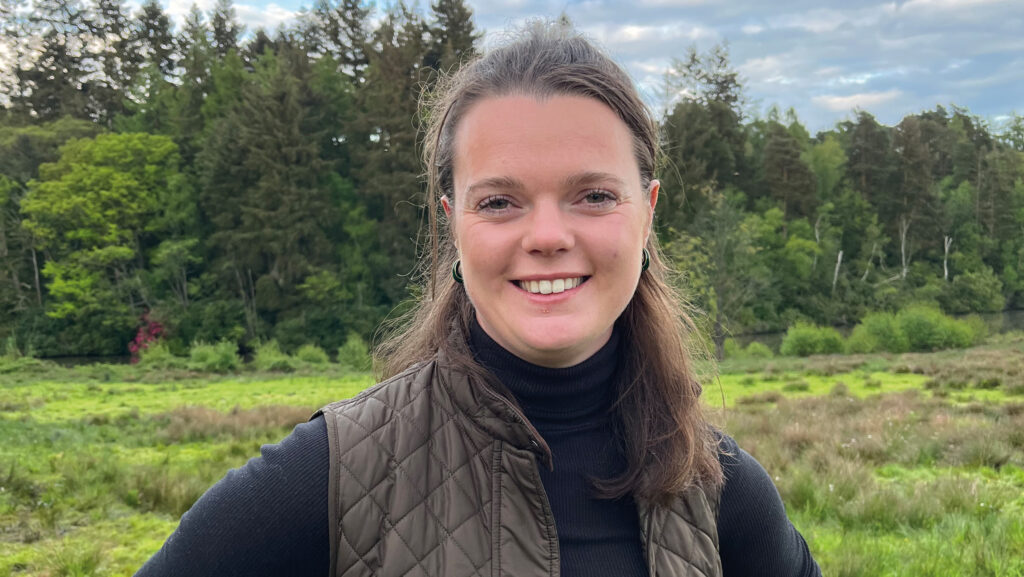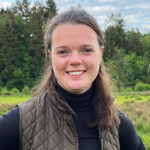Opinion: We need to re-people the rural sector
 Molly Biddell © Molly-Biddell
Molly Biddell © Molly-Biddell “Get on our land!” isn’t something that farmers are known for bellowing, but I’ve been shouting it a lot recently.
This is because our farm in Surrey became an official Pitch Up! partner a couple of months ago, and “get on our land” is the tagline for our latest social media campaign.
Despite the name, Pitch Up! doesn’t refer to a website that camping enthusiasts use.
See also: Opinion – why we need to redefine the word ‘productive’
Instead, it is a farmer-led movement that connects businesses with farms to spark new ideas and enterprises, creating more resilient circular communities.
It was founded four years ago by Tim May at Kingsclere Estates in Hampshire, who wanted to make better use of the resources and opportunities on his regenerative farm, but knew that he didn’t have the time, skills or headspace to do it all himself.
We know that feeling – all farmers have an endless list of “dream enterprises I could start on the farm”.
Ours includes woodland pigs, follow-on chickens, a beef vending machine, woodland sauna, cut-flower enterprise, market garden, composting business and nature retreats.
But with our agile team of 10 we simply can’t do it all.
Pitch Up! operates a bit like Dragons’ Den, with “pitchers” submitting applications to partner farms during November.
Partner farms then assess applications, meet the people behind the enterprises and ideas, and decide if/how they want to work together.
There is no template for what this relationship looks like; it could be a joint venture, licence, profit share, investment or other partnership.
Critically, the pitcher joins a farm-based community of enterprises that benefit from sharing resources, knowledge and expertise to grow together.
There are now nine of us who have put ourselves forward as partner farms across the UK and, with the Dragons’ Den opening this month, we are waiting with bated breath to see who and what is pitched.
I’m really excited that we are part of this movement, because the opportunity for re-peopling our rural sector is enormous.
We know that the potential of the land we manage is huge – we can regenerate soils, grow nutritious food and sustainable fibre, generate renewable power, absorb carbon, enhance biodiversity, clean water, reconnect people with nature, the list goes on.
Doing all of this creates opportunities for new enterprises, new skills and new jobs. More jobs in the rural sector means more demand for good-quality homes, pubs, local shops and services – ultimately enabling thriving rural communities to make a comeback.
These new jobs and skills may be different from traditional rural roles, but are more likely to attract a generation of eco-anxious Gen Zs who are bored with being stuck behind screens, losing their jobs to ChatGPT and feeling hopeless about our planet.
Working at Knepp I see first-hand the re-peopling of our landscape. Pre-rewilding, Knepp employed 28 people, but as of 2024 we employ 162.
Rewilding has captured imaginations, reconnected people to the land and created job opportunities.
Conventional farming systems can be incredibly lonely. The rural business models of the future are seeking to change that, as we remember that there is strength in numbers and resilience in community.
I’ll let you know how our latest initiative experience goes, and whether anyone comes forward to partner with us.

